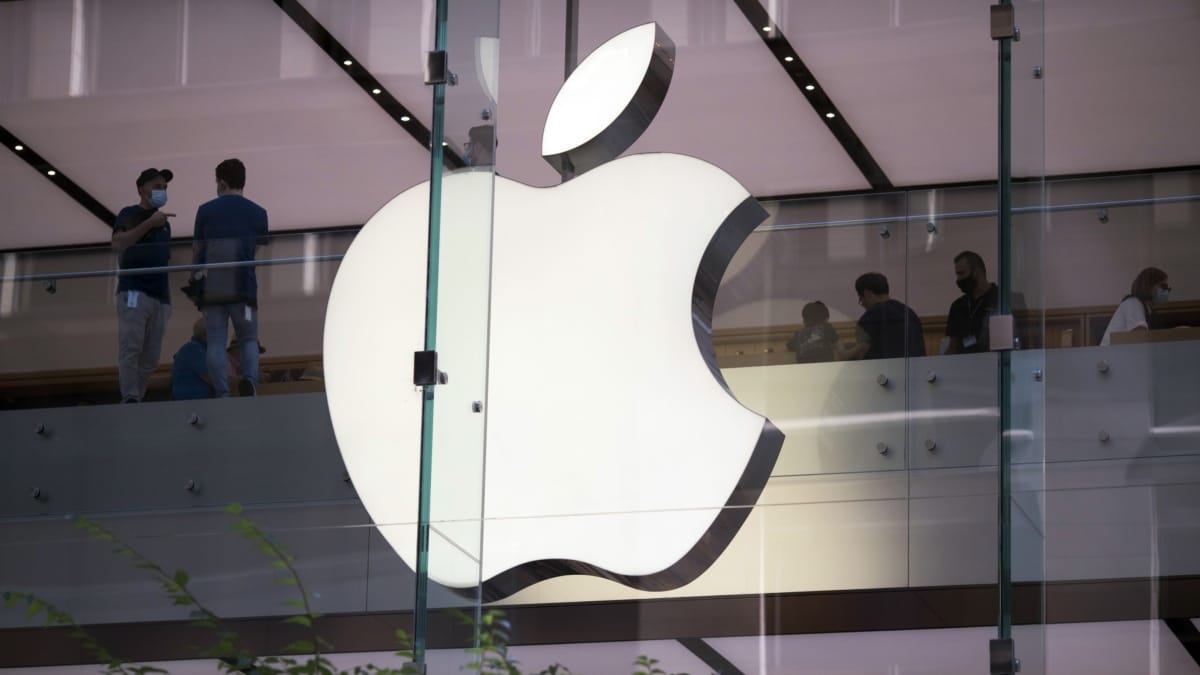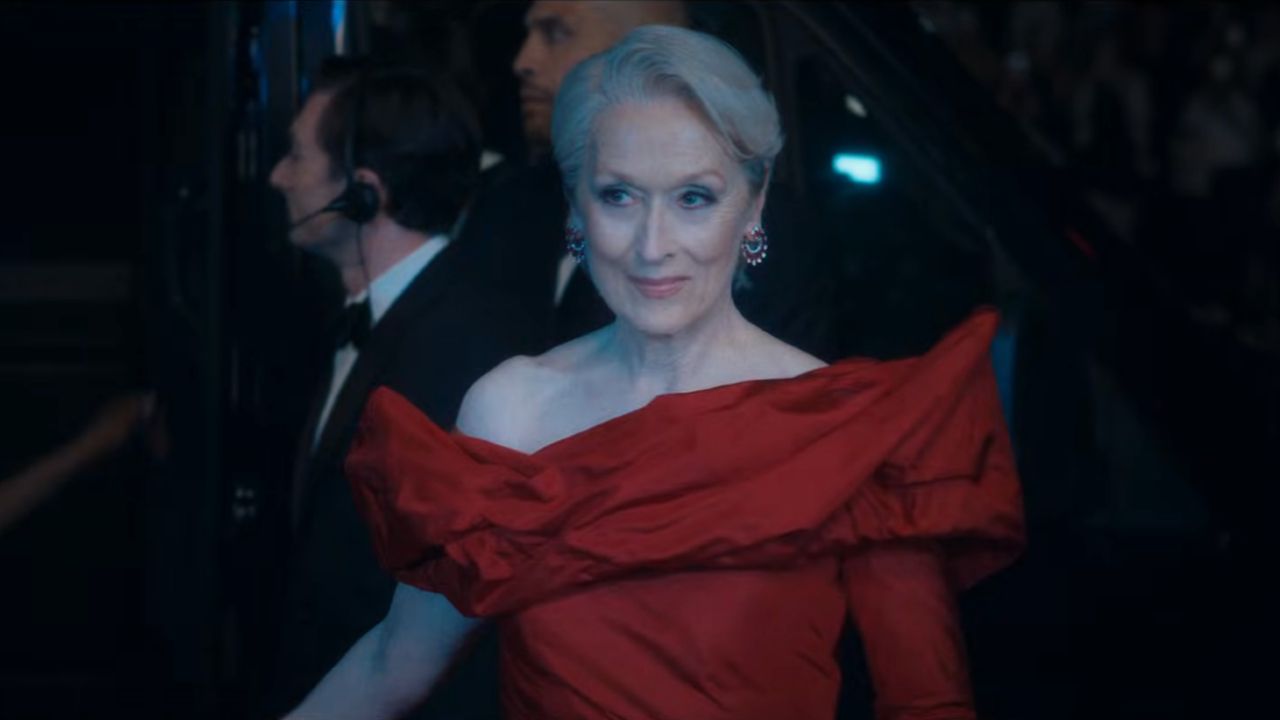In 2016, before Ultimate Fighting Championship sold for $4 billion to the company that would become Endeavor Group, the mixed martial arts league was nearly scooped up by Disney for a little bit more.
Disney and UFC had negotiated broad terms of a deal in which the entertainment giant would acquire the combat sports company for about $4.3 billion, according to people familiar with the matter.
Disney, which owns the majority of sports broadcast network ESPN, has toyed with the idea of buying sports leagues for years, one of the people said. Then-Disney CEO Bob Iger was the model executive for brilliant intellectual property acquisitions, buying Pixar, Lucasfilm and Marvel.
Ultimately, Iger nixed the UFC deal. He felt the bloody and violent UFC brand didn’t mesh with family friendly Disney, said the people, who asked not to be named because the negotiations were private. A Disney spokesperson didn’t immediately comment.
Two years later, Disney’s ESPN paid $1.5 billion for UFC TV rights in a five-year deal. That deal immediately increased the value of UFC to $7 billion, according to UFC CEO Dana White. Disney’s ESPN+ also signed a $150 million per year deal to stream UFC fights in an agreement that runs out in 2025.
If ESPN renews UFC rights, Disney will pay much more in licensing fees than the $4.3 billion it would have paid in 2016. Popular sports broadcast rights fees continue to rise rapidly as they present unique live viewing opportunities for advertisers and draw relatively large audiences.
This calculus has made professional sports and entertainment leagues such as UFC, NASCAR, Formula One and WWE potentially appealing targets for streaming companies as a way to control ever-increasing rights fees for valuable live programming that still commands advertising dollars.
“Disney would have been far smarter to buy UFC than spend this much to license,” said LightShed analyst Rich Greenfield. “Now the costs are going way up. Owning a league makes a ton of sense.”
While it’s rare anything comes up for sale, the streaming era has likely made sports leagues more desirable acquisition targets as rivals look for exclusive content for competitive advantage. Owning a league, rather than relying on multiyear license renewals that lead to recurring bidding wars, can solidify branding and reduce subscriber churn.
While Disney balked at UFC’s image, it’s easy to envision WWE- or Formula One-branded roller coasters and theme park rides for media companies that own them. There are clear merchandise tie-ins for Amazon. Netflix can use owned IP for its nascent video gaming division.
Formula One, WWE and UFC are all language-independent properties with global appeal. Formula One, in particular, prides itself on being an international sport, with races across the globe. The league announced last week it has added a third U.S. grand prix, in Las Vegas, beginning in 2023.
That could tip the scales for streaming services that need global subscriber growth, such as Netflix and Disney, to keep investors happy.
“Streaming companies are global,” said Sean Bratches, former managing director of commercial operations for Formula One. He created and oversaw the production of “Drive to Survive,” the hit Netflix docuseries that details full Formula One seasons. “If you’re a sport like F1, one of your primary strategic objectives is to enhance your around-the-world media rights.”
There are no known talks to acquire Formula One, UFC or WWE.
Sparse inventory
While buying sports and entertainment leagues could be appealing targets for the big streamers, there simply aren’t many of them available. The largest professional sports leagues – the National Football League, Major League Baseball, the National Basketball Association – aren’t feasible buyout targets. That leaves a hodgepodge of smaller leagues, which may or may not be for sale at a given time.
WWE, which has a market capitalization of $4.6 billion, stands out as a potential takeover candidate because it’s a publicly traded company with an aging controlling shareholder. Vince McMahon owns more than 80% of voting power and is 76 years old. At some point, he and his family will have to decide whether to keep control of the company or sell it to the highest bidder. McMahon’s daughter, Stephanie, also works at the company as chief brand officer.
“We’re open for business,” Nick Khan, WWE’s president, said last month on The Ringer’s “The Town” podcast.
A buyer could be a legacy media company, such as Disney, Fox, Paramount Global or Comcast‘s NBCUniversal, which last year struck a five-year deal with WWE for more than $1 billion to be the exclusive direct-to-consumer home for WWE.
“If you look at what does NBCU/Comcast need, and I think it’s a factual statement, they don’t have the intellectual property that some other companies have,” said Khan. “I think they look at us as an entity that has a lot of intellectual property. A lot of it has not been exploited it. Now it’s up to us to monetize it properly and show the community exactly what we have.”
NBCUniversal declined to comment.
If a potential acquirer does make McMahon an offer, it could come before the company’s next rights renewal — likely to be announced in mid-2023. That’s probably when McMahon may have to decide to sign up another multiyear deal or sell.
While Disney and NBCUniversal own theme parks, large technology companies Apple and Amazon have also emerged as potentially interested parties to acquire sports and entertainment IP. Both have struck multiyear deals to broadcast MLB games on their streaming services. Amazon also acquired exclusive Thursday Night Football rights, beginning this season. Even Netflix, which has thus far stayed away from live sports, is open to buying Formula One rights after its docuseries “Drive to Survive” broke out as a global hit, co-CEO Reed Hastings said last year.
Potential drawbacks
While Disney proved it could exploit and expand existing intellectual property from Marvel and Lucasfilm, creating new characters is a different skill set, said Khan of WWE. It’s not clear that a streaming service or large entertainment entity would have the same skill set as McMahon.
Smaller sports companies’ content also may get buried in a large streaming service that can’t feature everything to its users. While Star Wars and Marvel spinoffs often get top billing on Disney+, other intellectual property can get lost in the shuffle. The McMahons will have to decide whether WWE can expand its universe as part of a larger company or if it risks losing cache without the family’s attention.
Buying a smaller sports league may not interest a large streamer enough to make a multibillion-dollar acquisition, said Bratches, the former Formula One executive who also worked for ESPN for 27 years.
Liberty Media, controlled by billionaire John Malone, acquired Formula One for $4.4 billion in 2016. Liberty has spent the past five-plus years investing in F1 and generating revenue by playing different media entities off each other by splitting rights globally and auctioning off licensing rights.
That business model would disappear if one media party owns the league. Any seller that cares about the future of what it’s selling would want to feel confident in the overall health of the acquiring streaming service, said Bratches. If consumers sour on a streaming service, and that company owns a league exclusively, viewership may suffer independent of the quality of the league.
“These are ‘nice to have’ properties, but it’s not like you’re buying the NFL,” said Bratches. “There’s not enough content to move the needle.”
Disclosure: Comcast’s NBCUniversal is the parent company of CNBC.
WATCH: Liberty Media announces Formula 1 grand prix in Las Vegas




